
FORCE
Latest Content

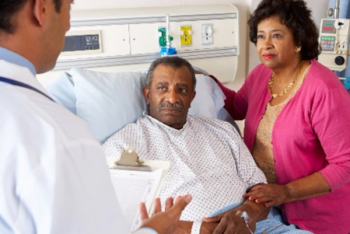





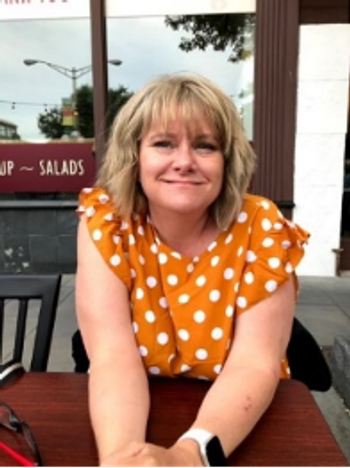
Breast cancer had always been very prevalent in Aimee Dinschel’s life.

Tennis star Chris Evert shared her story about how updated information regarding her sister's genetic test results led to her own genetic testing and decision to remove her ovaries to lower her cancer risk.

Research shows that among patients with breast cancer, there is a strong interest in medical cannabis to manage treatment symptoms and side effects.

The pandemic has changed everything — including FORCE support group meetings for those with, or at risk for, hereditary cancer.
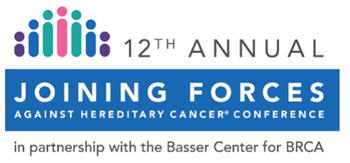
Joining FORCEs Against Hereditary Cancer® is an international conference designed to empower individuals and families facing hereditary cancer.
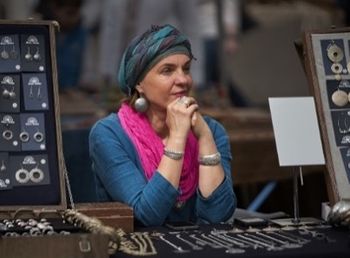
The risks for breast, ovarian, prostate and pancreatic cancers are elevated among people with inherited BRCA1 and BRCA2 mutations.
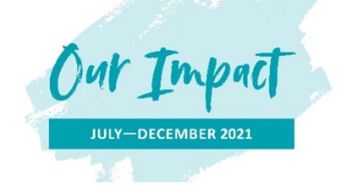
FORCE is meeting the needs of individuals and families facing hereditary breast, colorectal, endometrial, ovarian, pancreatic and prostate cancers through our advocacy, education, research and support efforts.

This knowledge of genetic testing allowed one woman to make further decisions about her health care as well as share the news with other family members were able to have testing and make the decisions that were right for them.
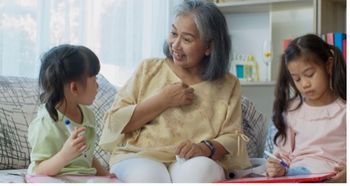
The bottom line seems to be yes, genetic testing for inherited mutations may help tailor treatment for all with advanced or metastatic cancer.

Both challenging and rewarding, the cancer caregiver experience can be very different for each person.

A third dose of the Pfizer or Moderna COVID-19 vaccine is recommended for patients with cancer, even those in active treatment.
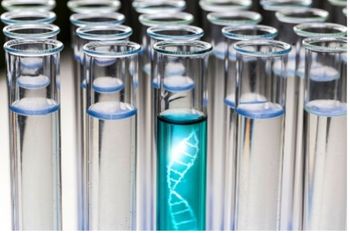
Learn more about the use of liquid biopsies in cancer care.
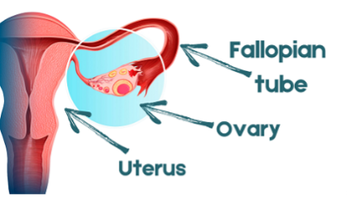
The trial is testing if removing the fallopian tubes before menopause prevents ovarian cancer.

A promising new drug for treating this type of breast cancers in its early stages may help prevent the return of cancer.

During Pancreatic Cancer Awareness Month, we share Doug Murray’s important pancreatic cancer story.

Breast cancer survivors who drink coffee or tea after their breast cancer diagnosis show improved survival in a recent study.
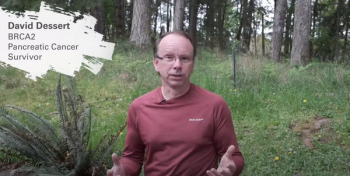
Listen to how David Dessert, a 10-year pancreatic cancer survivor, is helping others.

FORCE’s Research Search and Enroll Tool can help patients find prevention, treatment and quality-of-life studies.

Genetic testing revealed Kelly, her sister and her mom all carried a BRCA2 inherited mutation.
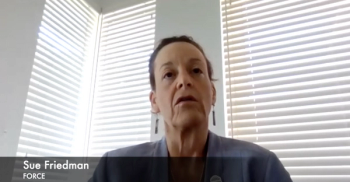
Knowing the type, phase and eligibility criteria is key in reading cancer research.

People with an inherited mutation in BRCA1 or BRCA2 with early-stage, HER2-negative breast cancer who have a high risk for recurrence may benefit from treatment with Lynparza (olaparib).

The genetic testing procedure may aid people with a history of hereditary cancer from passing those genetic mutations on to future children.

A psychologist offers three aspects to think about before making a cancer treatment or prevention decision.